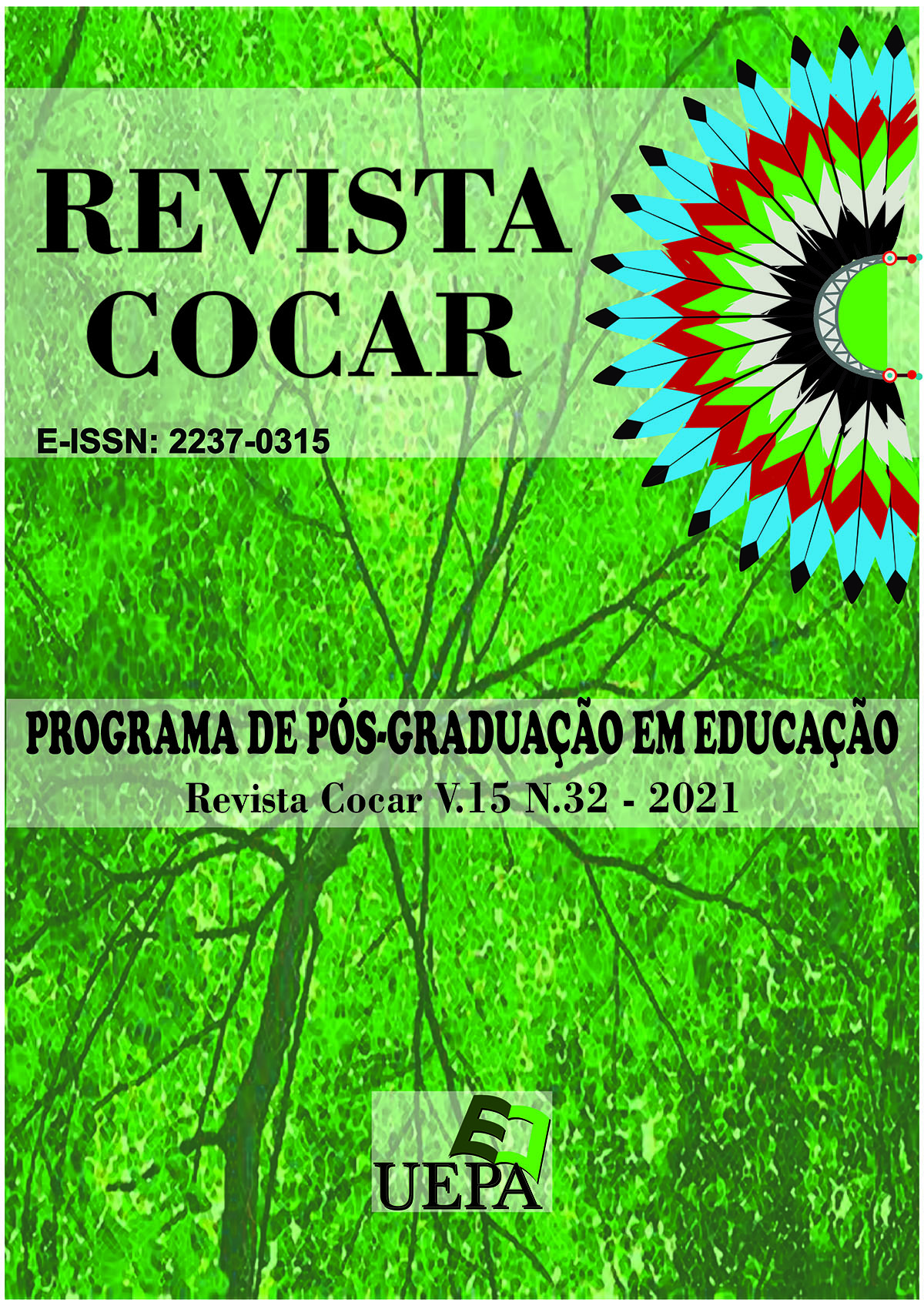O lugar do brincar nos processos de transição da educação infantil para o ensino fundamental
The place of playing in the transition processes from early childhood education to primary education
Resumo
O brincar está presente nas duas primeiras etapas da educação básica; na primeira, como atividade fim; e na segunda, como atividade meio. Mas quais sentidos são atribuídos pelas crianças em transição ao brincar nesses espaços? Objetiva compreender os usos e as apropriações do brincar na transição da educação infantil para o ensino fundamental anos iniciais. Utiliza o método etnográfico e tem como instrumentos de produção de dados os registros em diário de campo e narrativas orais e imagéticas. Possui três categorias de análise: a primeira evidencia o lugar do brincar na transição da educação infantil para o ensino fundamental anos iniciais; a segunda analisa o papel das brincadeiras nas aulas de educação física, identificando-a como espaço privilegiado para a compreensão das diferenciações entre as duas primeiras etapas da escolarização; a terceira discute as percepções sobre o brincar no ensino fundamental. O estudo indica a importância das brincadeiras no processo de transição, revelando sua potencialidade para a compreensão das especificidades do aprender na educação infantil e no ensino fundamental.
Palavras-chave: Educação Física; Educação da infância; Escolarização; Brincar.
Abstract
Playing is present in the first two stages of basic education; in the first, as a core activity; and in the second, as a middle activity. But what meanings are assigned by children in transition when playing in these spaces? It aims to understand the uses and appropriations of play in the transition from early childhood education to primary education. It uses the ethnographic method and the instruments of data production are records in a field diary and oral and imagery narratives. It has three categories of analysis, the first shows the place of play in the transition from early childhood education to primary education, the second analyzes the role of play in physical education classes, identifying it as a privileged space for understanding differences between the first two stages of schooling, the third discusses perceptions about playing in elementary school. The study indicates the importance of play in the transition process, revealing its potential for understanding the specificities of learning in early childhood and elementary education.
Keywords: Physical Education; Childhood education; Schooling; Play.
Downloads
Downloads
Publicado
Métricas
Visualizações do artigo: 598 pdf downloads: 554
Como Citar
Edição
Seção
Licença
O envio de qualquer colaboração implica automaticamente a cessão integral dos direitos autorais à Revista Cocar. A Revista não se obriga a devolver os originais das colaborações enviadas.Deprecated: json_decode(): Passing null to parameter #1 ($json) of type string is deprecated in /var/www/html/periodicos/plugins/generic/citations/CitationsPlugin.inc.php on line 49























